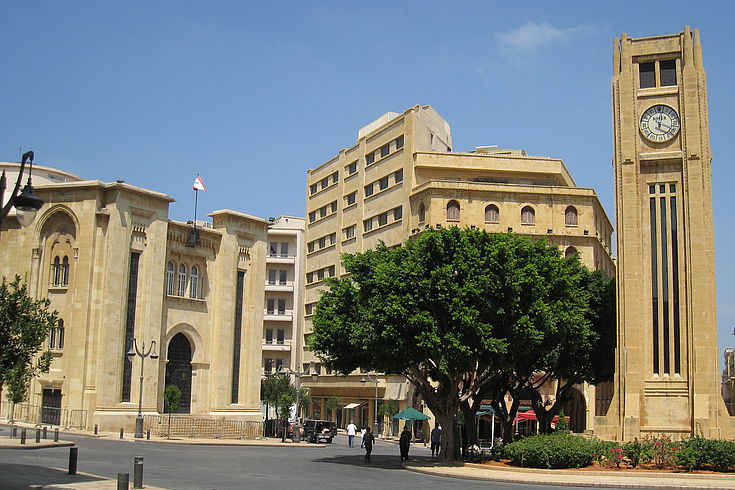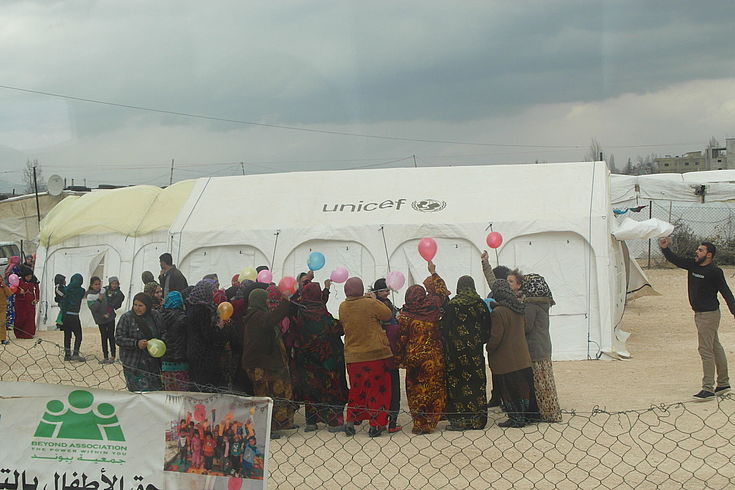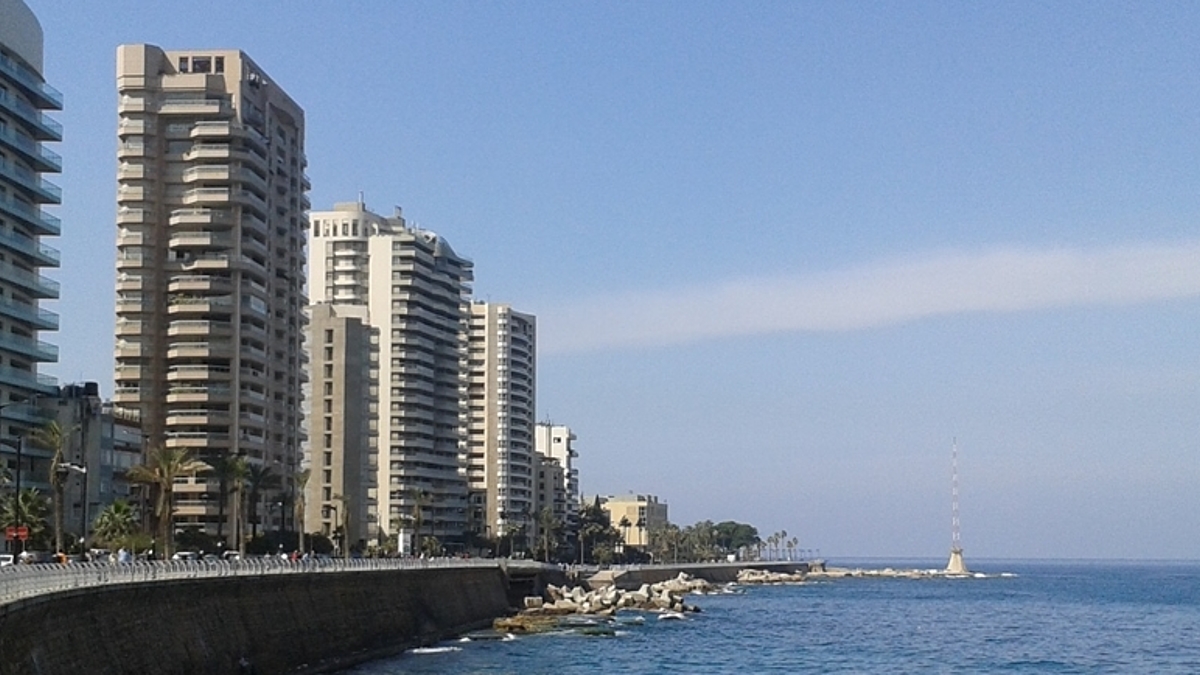
Lebanese Parliament Beirut
HSs
About Lebanon
Lebanon is a parliamentary democracy that includes confessionalism. High-ranking offices are reserved for members of specific religious groups. The President has to be a Maronite Christian, the Prime Minister a Sunni Muslim, the Speaker of the Parliament a Shi'a Muslim, the Deputy Prime Minister and the Deputy Speaker of Parliament Eastern Orthdox. 18 religious groups are recognized in the country, each with its own family law legislation and set of religious courts. The country is divided in eight governorates with 25 districts and a population of around 6 Mio. people.
The inflexible political system has no mechanisms that can absorb and constructively deal with social and political changes. National cohesion and trust in the Lebanese state, this means functioning and transparent institutions, are low. Because of the many national and religious identities, there are few commonalities that could be beneficial to the cohesion of Lebanese society. There is a lack of continuous dialogue across political and religious boundaries regarding the problems and challenges of the Lebanese society (for example, the energy and waste crisis). With regard to necessary political and social changes and the further development of the country, opinions often differ widely. Achieving a consensus on this rarely succeeds. Politics does not respond adequately to the needs of the population and does not tackle the problems of the country across confessional or political parties lines.

Refugee Camp Bekaa / Lebanon
HSS
Actual Developments
Since the beginning of the uprising in Syria in March 2011, more than 4 million Syrians left their country to escape the consequences of the civil war, of whom according to UNHCR a number of 982.012 came to Lebanon (registered as refugees as of May 31, 2018); see UNHCR-Website).
The conflict in Syria has not only negatively affected Lebanon's economic growth but has also worsened the security situation. Poverty and the need for humanitarian aid have increased, and the existing obstacles to development have become greater rather than smaller. In June 2017, Parliament adopted a new electoral law, which averted a political and constitutional crisis. In May 2018, the Lebanese elected a new parliament after more than eight years. The turnout was just 49.2 percent, well below what was widely expected. After years of political stalemate and in the face of the omnipresent corruption, the country is under massive pressure to reform.
The work of Hanns Seidel Stiftung in Lebanon generally aims to strengthen social structures through dialogue measures that target decision-makers and multipliers from all religious communities and parties, as well as from universities and civil society organizations. In addition, we work in the field of women empowerment and environmental protection.

